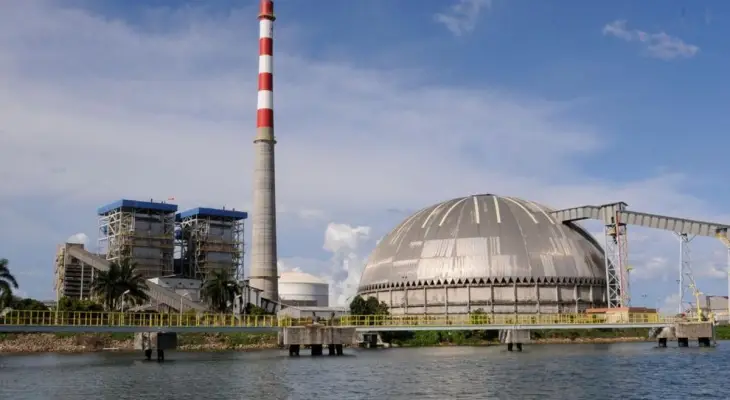Coal Ash Waste Has Been Successfully Processed Into Building Materials

Holiday Ayo - PT Pupuk Kalimantan Timur (PKT), a subsidiary of Pupuk Indonesia Holding Company, stated that it has successfully processed nearly 35 thousand tons of coal ash waste into building materials.
The waste treatment innovation is considered to be a challenge for the fertilizer industry that uses coal as an energy source. The waste management is part of a series of company commitments in the field of Environmental, Social, and Governance (ESG).
Currently, PKT has launched an innovation in the utilization of Fly Ash & Bottom Ash (FABA) waste which can be used as a substitute material such as brick, paving blocks, soil stabilization and other uses. Fly ash is the ash resulting from burning coal that floats to the top, while bottom ash is the ash resulting from burning coal that falls to the bottom.
In it, there are several FABA contents such as carbon, nitrogen, and silica. Since 2021 the Government of the Republic of Indonesia has also determined the management of Fly Ash and Bottom Ash (FABA), as registered non-B3 waste which has been regulated in Government Regulation (PP) Number 22 of 2021 and PermenLHK Number 19 of 2021.
As cited from liputan6.com, PKT's President Director, Rahmad Pribadi revealed, as a company that is committed to implementing ESG in business activities. Among other things, by innovating to find new ways to process the excess results of factory production activities into something of added value for the environment.
"After previously carrying out our innovation in processing plastic waste into green asphalt, since 2021 PKT has also obtained a permit to manage FABA waste as a substitute for building materials and soil stabilization," he said, Sunday (24/7).
"This innovation is presented to increase the company's role in sustainable development, where the results of FABA processing can be utilized and provide added economic value for infrastructure activities, in addition to suppressing the accumulation of waste in TPS on a larger scale," continued Rahmad.
Operating the largest fertilizer plant in Southeast Asia, PKT currently has a coal boiler unit with a capacity of 2 x 220 metric tons/hour (96.6 MW electricity) which functions as a steam supplier to support the production process of the company's ammonia - urea plant.
The coal boiler unit produces FABA in the amount of about 35,000 tons/year, all of which have the potential to be processed into substitutes for building materials or for soil stabilization.








Leave a comment